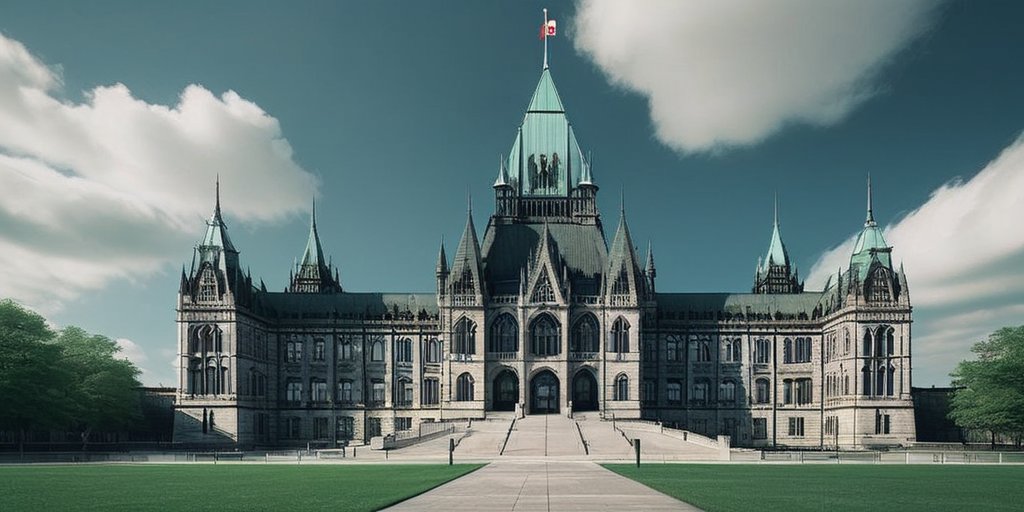Mark Carney, the new leader of the Liberal Party, has officially launched Canada’s federal election campaign, which will unfold over five weeks leading to voting day on April 28. This election marks a significant turning point as it’s the first without former Prime Minister Justin Trudeau on the ballot. With the Conservative Party led by Pierre Poilievre gaining ground, this race is crucial especially considering the subtle, yet evident influence of U.S. President Donald Trump on Canadian politics.
Carney, 59, took office amidst heightened expectations. His financial background as the former head of the Bank of Canada and the Bank of England during pivotal crises has earned him respect. However, Carney’s stance against Trump, particularly regarding tariffs, positions him in contrast to some Canadian sentiments that mirror Trump’s populist rhetoric. Carney’s professional credence also has not shielded him from criticisms regarding his fluency in French, a vital element in appealing to Quebec voters.
Conservative leader Pierre Poilievre, 45, continuously criticizes the Liberal government’s approach, linking their policies to negative outcomes in everyday Canadian life. His approach has drawn both parallels and disdain regarding perceptions of Trump’s political style. Although Poilievre has pivoted towards a “Canada first” message distancing him from Trump, some critics see his tactics as a reflection of those utilized by Trump himself. As Poilievre leads in recent polls, he is challenged by his own party members to showcase distinct Canadian values separate from U.S. politics.
Quebec’s Yves-François Blanchet of the Bloc Québécois, while not a contender for prime minister, adds complexity to the dynamics at play with a firm stance against Trump’s ‘51st state’ rhetoric. His assertions against U.S. tariffs highlight a growing urgency among Canadian leaders to define a distinct national identity amid U.S. political climate pressures.
Jagmeet Singh, leader of the NDP, presents a left-leaning alternative, advocating for labor rights against both Conservatives and Liberals. While historically progressive, Singh’s decision to abandon the NDP’s agreement with Trudeau indicates the shifting political affiliations and loyalties influenced by American politics, and Trump’s presence looms larger as parties recalibrate their platforms in response to voter sentiment about government performance amidst rising costs of living and social inequities.
As the federal election approaches, the echoes of Trump’s policies and political strategies resonate across the Canadian political landscape, prompting leaders to respond not only in policy but in presentation, illustrating the intertwined fates of neighboring nations politically and culturally.
